by Omer Abdulkareem, Honors Student & Undergraduate Research Assistant, UNC Charlotte
Being a first-generation college student comes with many unique challenges – from learning how to apply to college, to applying for financial aid/scholarships, to figuring out a school-life balance. There is a big intersection between first-generation college students and mental health issues, which led us to examine this topic through a photovoice project. As a first generation college student, I knew that college students face many academic and personal pressures to thrive and succeed, and I was also aware that college is an ideal setting in which to evaluate and promote mental well-being, especially for those who are among the first in their families to pursue higher levels of education. What I didn’t know was that first-generation college students are less likely than continuing-generation students to reach graduation, and also, that we tend to underutilize campus support services, further escalating our susceptibility to health challenges.
I first met Dr. Lorenzo Hopper, Assistant Professor in the Department of Public Health Sciences at the University of North Carolina at Charlotte when I interviewed for a research assistant position for a different project. He contacted me after my interview and asked if I would be interested in working on a photovoice project with first-generation college students. He shared that he is a first-generation college graduate, and that his experiences led him to want to research and support first-generation college students in his role as a professor. He said that my own first-gen status would allow me to provide great insights into the project as a co-investigator. Although I did not have much prior knowledge of what a photovoice project looked like, I was excited to learn and take part in this study.
I moved to the United States from Iraq at the age of seven, and have experienced the feelings and struggles that many other first-generation college students face. Being able to relate to them on a personal level made it easier for me to understand the participants and the findings. I agreed to join the project and met Farida Yada, a graduate research assistant and international student from Burkina Faso (West Africa) who was also working on the project. Though not first-gen herself, at age 17 Farida came to study in the US and had to navigate similar challenges that first-gen students experience. She also acknowledges that many international students are often also first-gen, and is passionate about empowering her fellow students by advocating on their behalf and connecting them to campus resources. As a research team, we met to go over the process of conducting photovoice as a research methodology, and why it was so important to be researching this population. With our team assembled, we grouped together and got to work!
“Throughout this study, I personally have learned how detailed, emotional, and informative a simple photo can be.” —Omer Abdulkareem
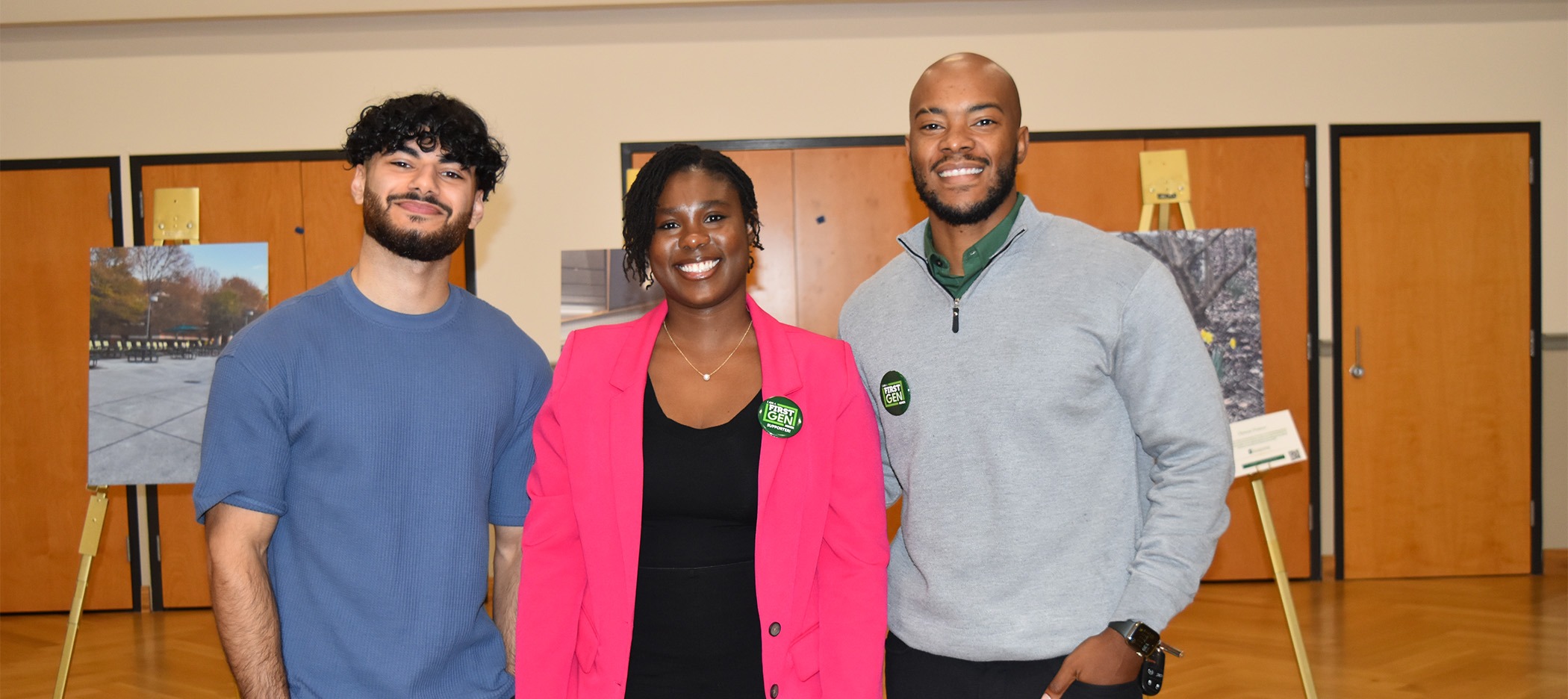
Our Photovoice project, titled, “A Picture of Perfect [Mental] Health,” aimed to capture the experiences of twelve first-gen college students at The University of North Carolina, Charlotte. Through the lens of their cameras, we were able to better understand how these first-gens maintain their mental health while juggling different roles and responsibilities as college students. The photos expressed not only mental health resources, but they were filled with emotions, struggles, and ways of coping with stress. By using photography and captions, these individuals were given a voice with which to show others how their lives are managed and what ways they can be improved. Not only did photovoice give these students a voice, but it also helped to remind them about the student services available on campus. Seeing what a lot of these students are struggling with gave us the ability to inform the University about the needs of its first-gen students.
After consenting to the study, participants took one month to capture images of things that contributed to stress or helped to manage their mental health. We provided them with a photoguide document that gave them basic photography techniques and reminded them of privacy and ethical concerns while capturing images. After submitting their images, the students participated in an hour-long semi-structured interview to discuss the images and describe why they took them. The interview data was transcribed and analyzed by Drs. Hopper and Yada with assistance from doctoral student Shanika Butts. The participants discussed work-life balance and the challenges of working long hours while staying on top of their studies. The images below represent the wear and tear that students experienced and which impacted their mental health.
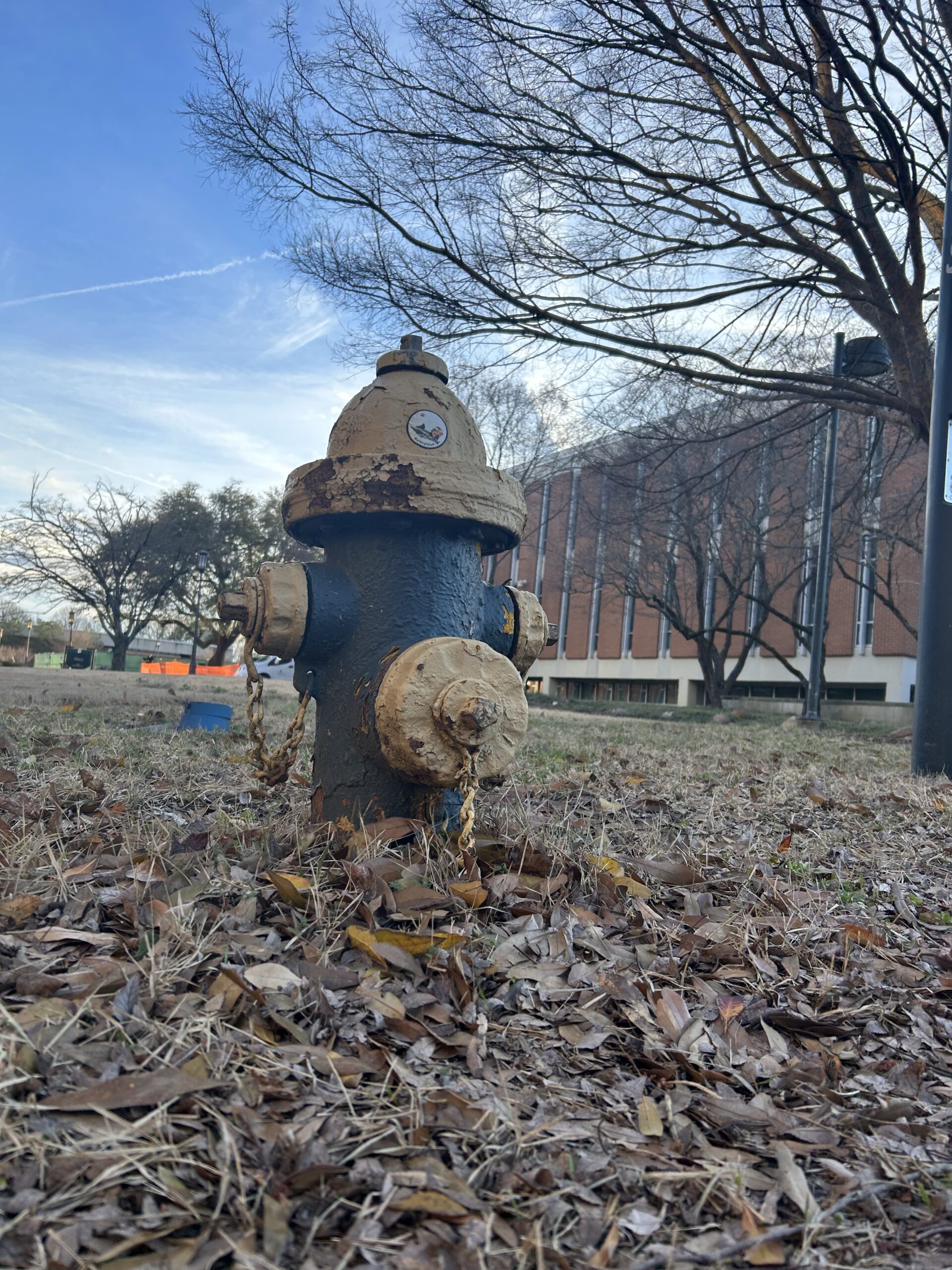
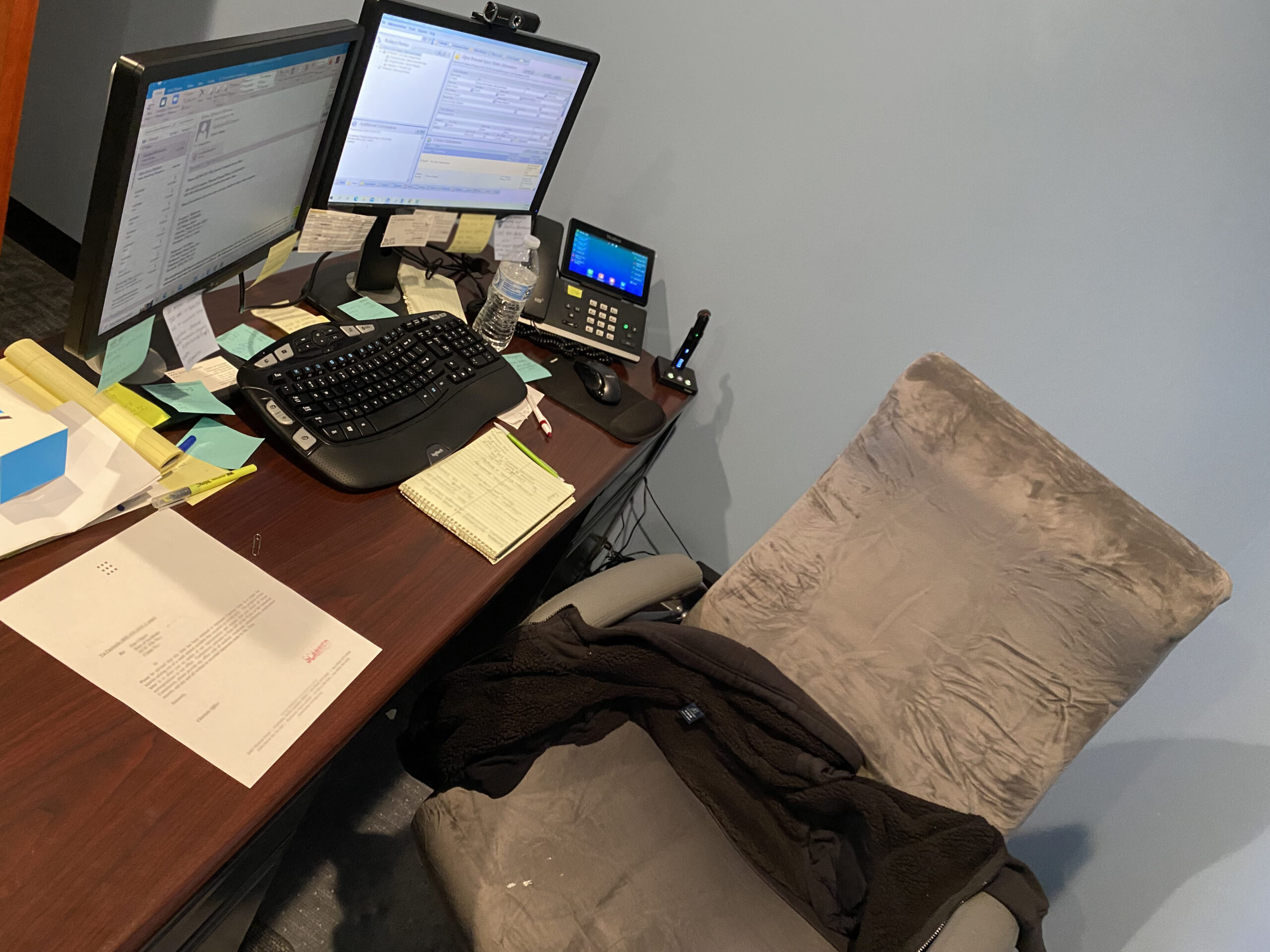
During interviews, participants also provided insight into how they manage their mental health. They talked about being nurtured by nature and going outside to relax and reset. They also talked about being comforted by food and other cultural connections that remind them of home and their support systems. Throughout this study, I personally have learned how detailed, emotional, and informative a simple photo can be. Even without words, these photos speak so much to the viewer. They highlight the importance of mental health support to the unique needs of first-generation students.
Along with the photos, I worked on creating caption cards that are presented in front of the photos. This was a very insightful moment for me. Looking back at the participants’ interview transcripts, I was able to find many similarities among their coping strategies. I then selected quotes that allowed the photos to have a much deeper meaning, placing the viewer in the shoes of a first-gen student. The caption cards allow others to understand the mental health needs of first-gen college students within a visual narrative.
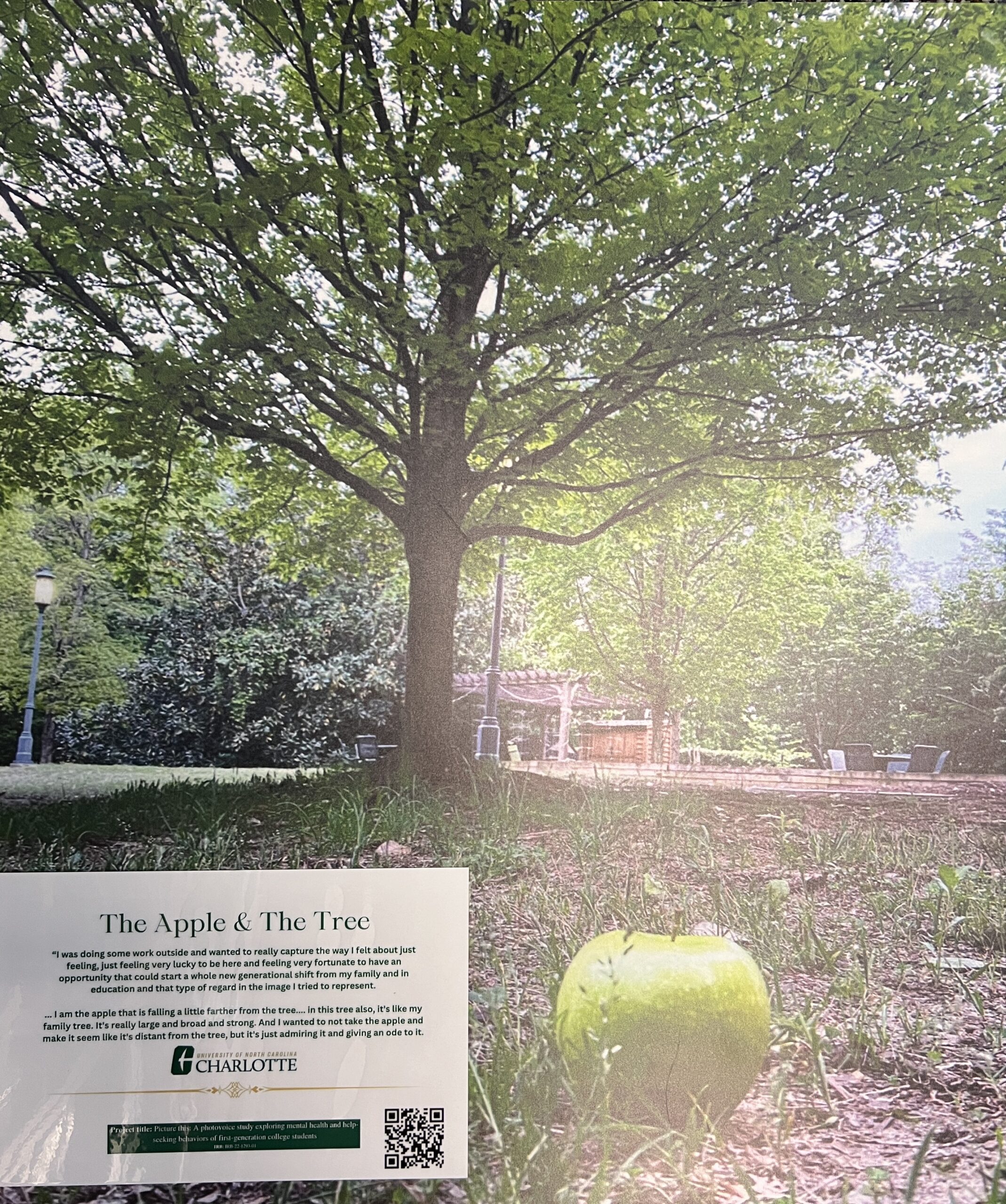
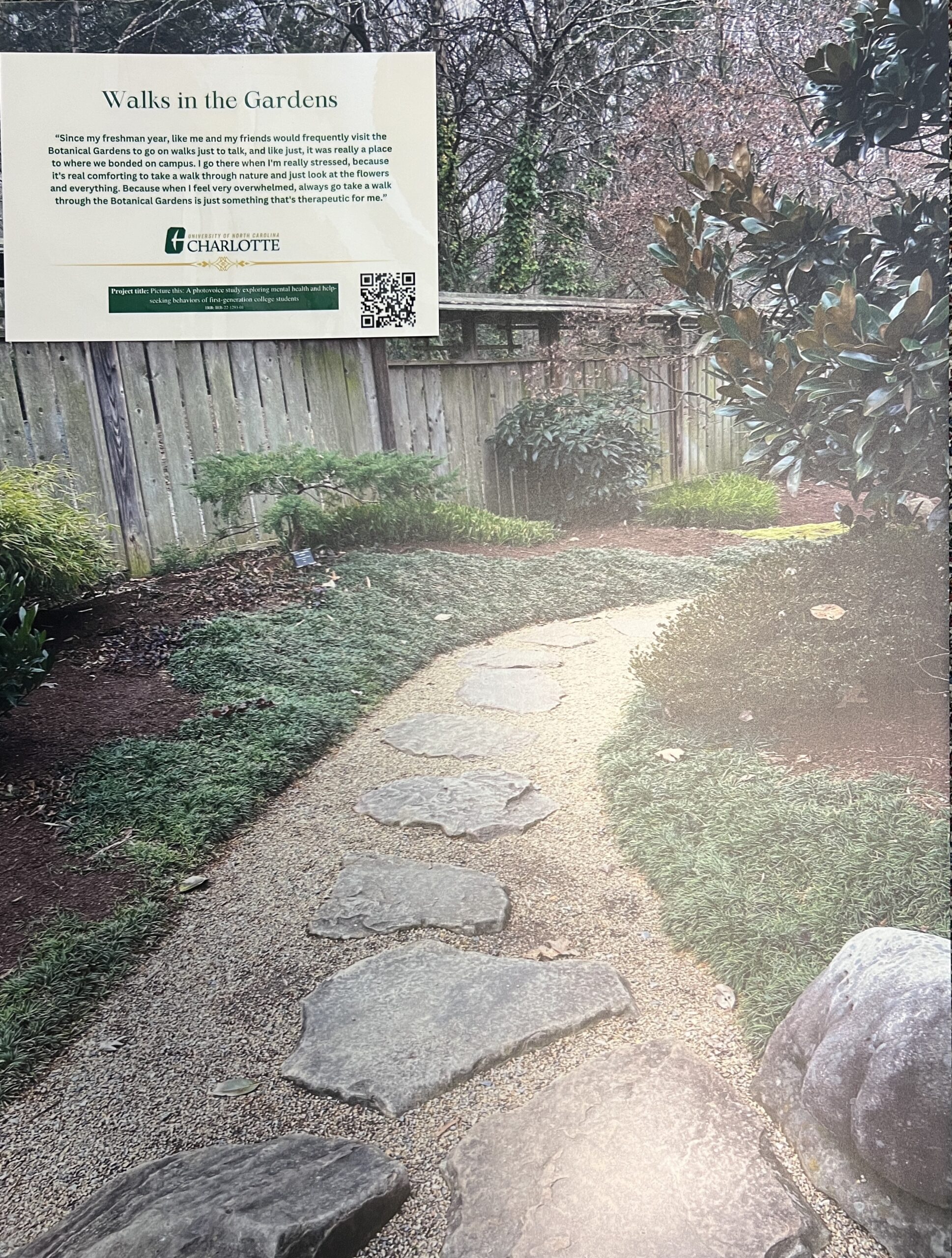
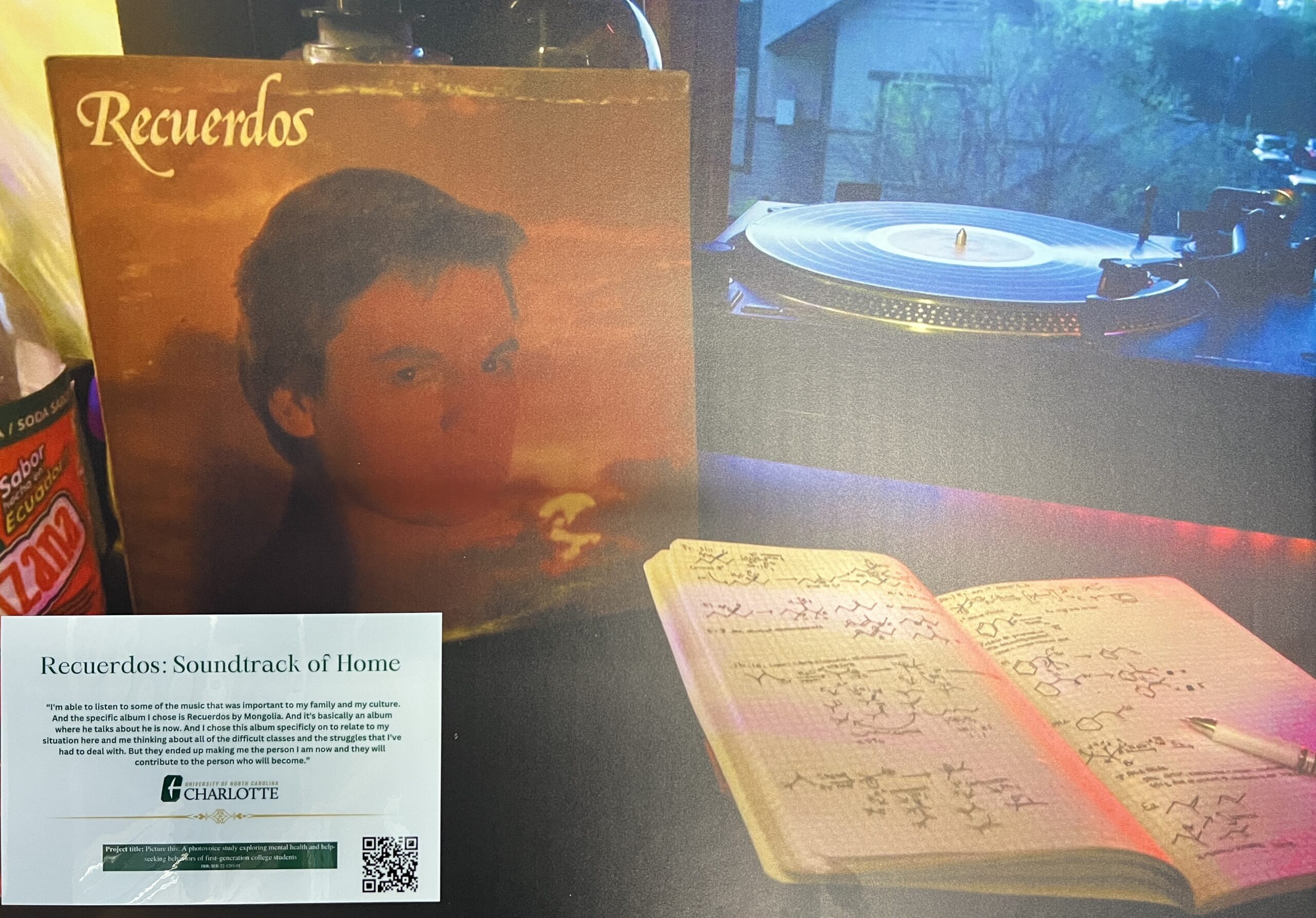
After data collection and analysis were completed, we turned our attention to presenting the work to the campus community. We were able to hold an art exhibit event on campus to showcase the photos we had collected. Last year, our University started a week of events to celebrate our first generation college students during the week of National First Gen Day (November 8). We were invited to kick off this year’s week of events with our art exhibit from the study. Administrators, faculty, staff, and students all walked through the room and looked at the images and caption cards with direct quotes from the participants. Dr. Hopper explained to me how important it is to disseminate our study to the campus community so that we can advocate for more support for our First Gen students. We invited peer health educators from our campus’ Center for Wellness Promotion and Counselors from our Christine F. Price Center for Counseling and Psychological Services to talk about the services that they offer our students.
Many people said the pictures resonated with them, and that they were able to find comfort in knowing that others were facing similar battles. However, this project does not end with just the showcase. We hope to continue amplifying first-gen voices by using this project and its findings to advocate for more student support across our institution. Throughout this study, we have found opportunities where the University can increase its efforts to promote mental wellness and ensure student success. In addition, this project serves as a way for other first-generation students to find each other and create support groups.
